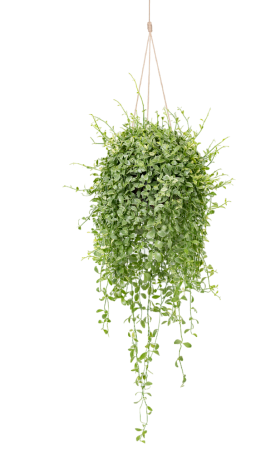Start Thinking Like a Home Inspector

Start Thinking Like a Home Inspector
If you own a home, you need to learn to think like a home inspector. A home is a great investment, but if the outside elements start to penetrate the building envelope, your great investment can start to deteriorate and become toxic!
Sometimes, after an especially hard rain, there is a different smell in my house. This tells me that rain is probably going where it shouldn't. According to commonsensehome.com, a natural home website, the first spots to check are the roof and attic, especially around any roof penetrations like chimneys and vent lines.
Recently one morning after such a rain, I went in earnest search of leaks inside to find the source of the musty smell. Not finding anything in the attic, I went to the room where the smell was the strongest, the laundry room. I checked areas around the windows because there were shelves in front of them, hiding any potential damp spots. Uh-oh– a couple of the windowsills were wet, indicating that more of the not-so-old (10 years) windows were leaking. I checked the corner above which there was a valley in the roof (roof valleys can be a source of leaks in a hard rain if they are improperly installed/sealed). Thankfully all the walls were dry.

There was a gutter outside this room, and I knew from past experience (rain during the daytime), that the volume of water flowing off the roof seemed to be too fast or too much for this particular gutter, because it would shoot right over the side and pour down next to the wall. Thinking about it, I went up onto the flat portion of the roof over the laundry room. There were no big branches or breaks in the flat roof, but a lot of leaves and acorns were up there! Time to get to work with the broom or leafblower, and I removed a section of the leaf guard over the gutter to clean out the gutter. I checked to see that the downspouts were clean.

Next, I looked up to see if there were any wet spots behind or below the gutters (this only works after the sun has been out for a bit). Thankfully, that was not the case. Looking down the walls, I saw that there were a lot of wet leaves piled up around the foundation. Wet leaves around the foundation do not just cause a musty smell in the house. They can allow insects like carpenter ants and termites to come in, using the leaves as a shield to keep their tunnels moist. I got to work with the leafblower.
Rain can seep into basements and crawlspaces, so if I had a basement, I would check the walls for seepage. Bring a bright light, gloves, and if necessary a respirator (basements can be dusty!) to make sure that you don’t leave any corners/spots hidden from view; try to move any stored boxes to get a peek at every square foot of wall. It was only after moving some storage shelves in front of the laundry room windows that I discovered the leaking windows. (Crazy, I know, my goal is to build some cabinets so that the windows will not be covered up!)
If you can't find the source of the problem, reach out to a well-reviewed professional home inspector in your area. Remember, professional home inspection is a service dedicated to helping you find and live in healthy homes--not selling you other products or services. You can find accredited home inspectors in your state at The International Association of Certified Home Inspectors (nachi.org).
There are a lot of good sites to help you get thinking like a home inspector. Here are some that we’ve discovered and reference frequently. Don't be shy about contacting them with questions!
- Inspectapedia.com: This website must have THOUSANDS of pages, but the “search” function is great, the website hosts answer questions very promptly (within 48 hours), and there is feedback from many homeowners and experts alike. Highly recommended!
- Homeinspectorsecrets.com: Created by a home inspector, this site has a lot of guides about a variety of subjects.
- Familyhandyman.com: This website contains step by step instructions to correct any problems you may find around your home, and reviews products as well.
- Thespruce.com: Although not technically about home inspection, this website contains a wealth of information on a variety of home improvement topics and often contains non-toxic, safer alternatives. Their Home Improvement Review Board is made up of licensed general and specialty contractors, journeyman electricians, and journeyman plumbers, so you know that you’re getting good advice.
- Energyvanguard.com: This website is written by a building scientist and has an extensive blog, so you can understand the “why’s” of the best building practices. He also frequently incorporates how he investigates and solves problems at his own home.






